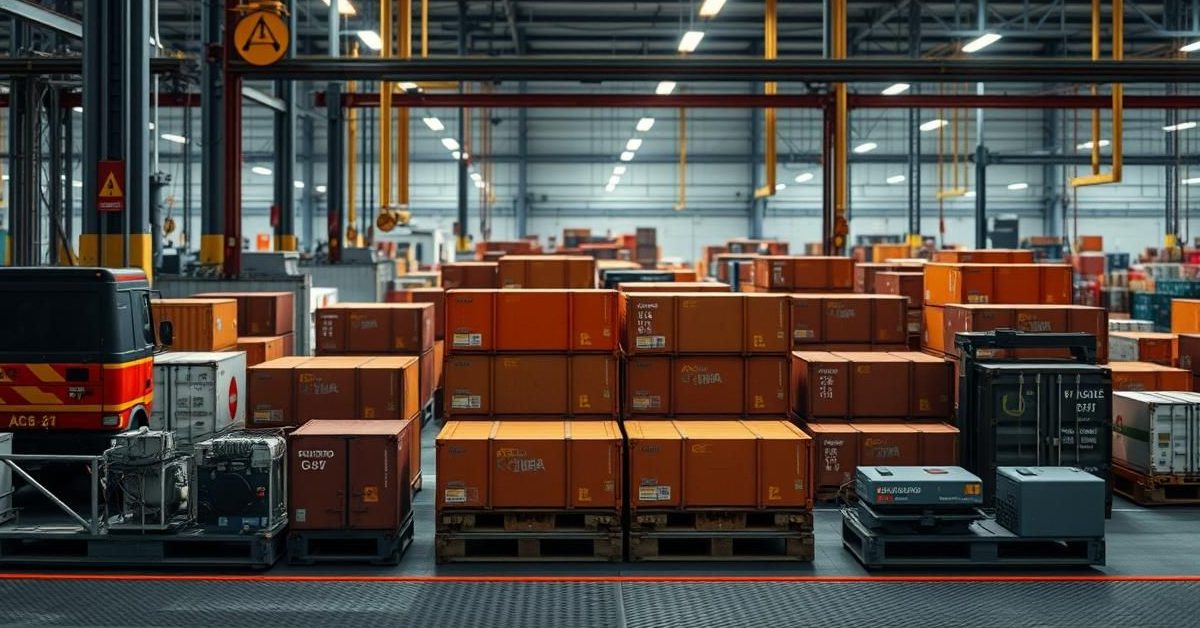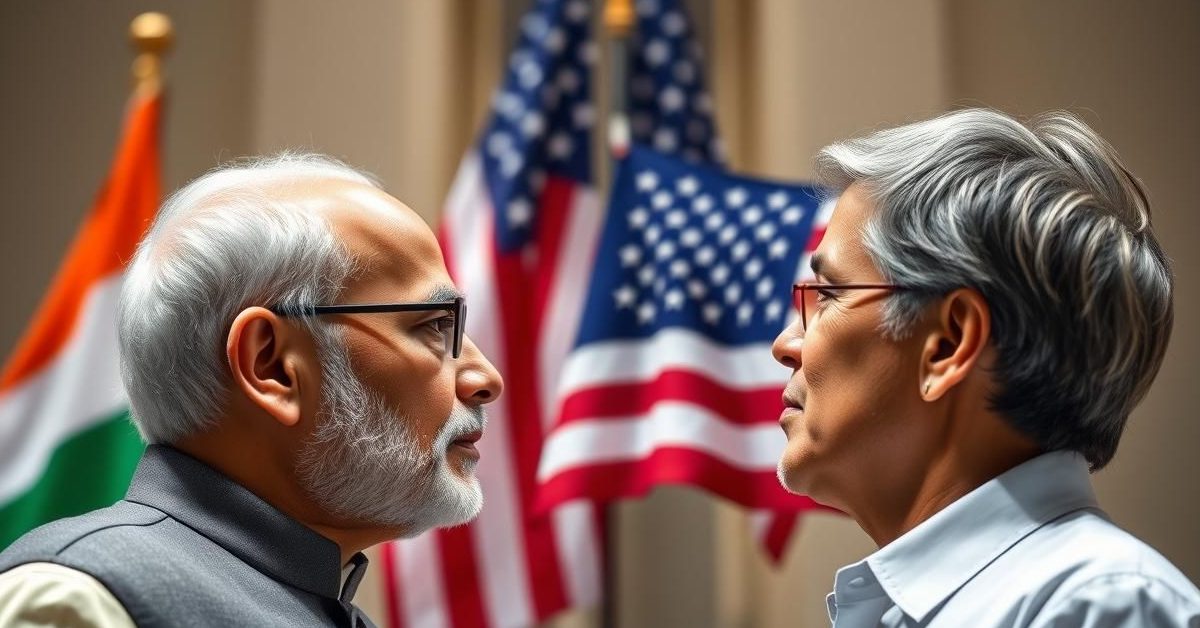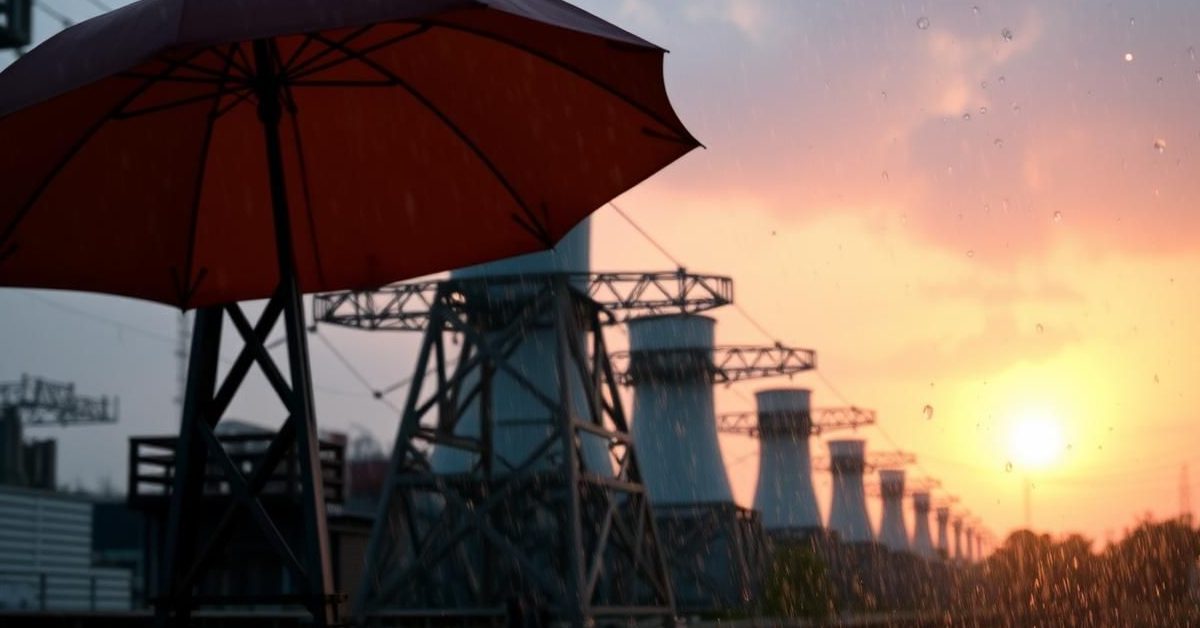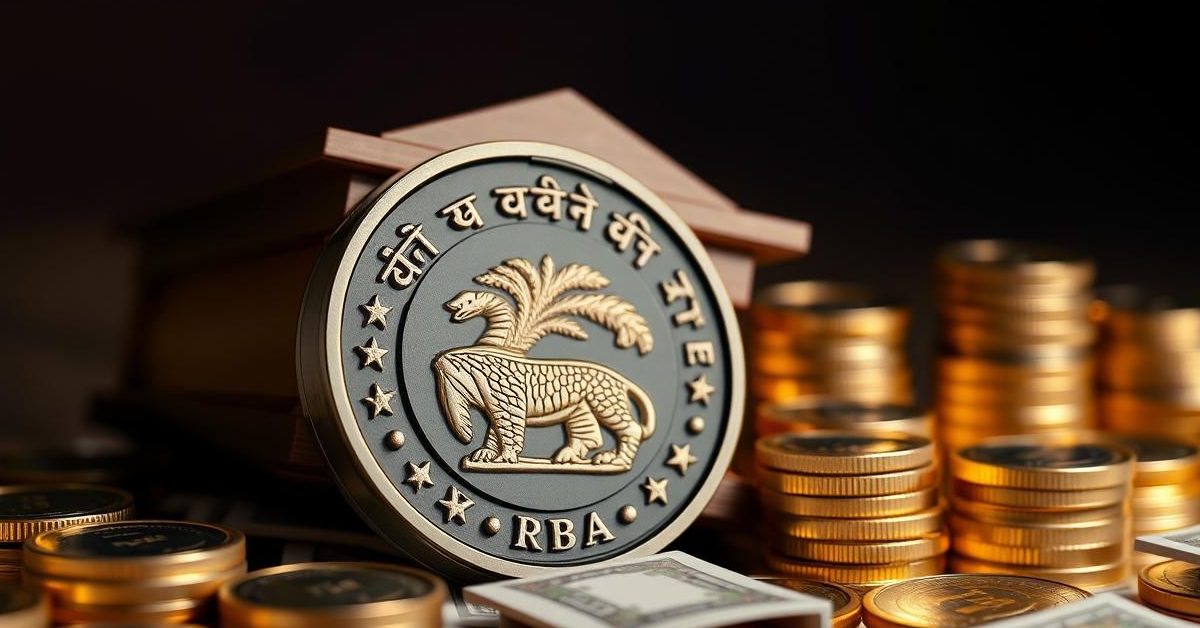India’s High-Stakes Gamble: Pushing for Zero-Tariff Electronics Exports to the US
In a pivotal moment for global trade, India is pressing hard for a zero-tariff regime on its electronics exports to the United States. These intense negotiations are unfolding amidst a backdrop of protectionist sentiments from Washington, notably concerns voiced by then-President Donald Trump regarding the import of electronics, including the iconic iPhone, from international manufacturing hubs.
Sources close to the ongoing, private discussions reveal that New Delhi’s trade negotiators are meticulously working to iron out the specifics of operationalizing this ambitious zero-duty structure. This move signals India’s strategic intent to bolster its position as a global manufacturing and export powerhouse in the burgeoning electronics sector.
The Trump Era’s Shadow: Tariffs and Trade Tensions
The backdrop to these talks is significant. In April of the previous year, the Trump administration had imposed a hefty 26 percent tariff on imports from India. While India, along with several other nations, received a temporary 90-day reprieve from these revised rates, the then-US President intensified his rhetoric against companies that sold electronics in the US but manufactured them in countries like China and India.
As Indian trade delegations converged in the United States for what was slated to be a crucial final round of in-person talks before the July 9 reciprocal tariff pause expired, Donald Trump had tantalizingly hinted at a potential deal. He suggested an agreement that would “open up India,” a statement that underscored the high expectations and underlying tensions of the bilateral economic dialogue.
Apple’s Global Manufacturing Jigsaw: India Takes Center Stage
The ongoing trade discussions have particular implications for tech giant Apple. Just weeks before these negotiations, Apple had announced plans to produce a significant portion of its iPhones for the US market in India. Its primary contract manufacturer, Foxconn, solidified this commitment with a substantial $1.49 billion investment blueprint for one of its Indian units.
Yet, this strategic shift didn’t escape Trump’s notice. He had previously warned Apple that any iPhones built in India and sold in the US would face a steep 25 percent tariff. In a direct conversation with Apple CEO Tim Cook, Trump reportedly expressed his preference for the company to refrain from expanding its manufacturing operations in India, unless solely for catering to the domestic Indian market.
Unpacking the Hurdles: Non-Tariff Barriers and Legal Limitations
Despite India’s assertive demands, the path to a comprehensive trade deal is fraught with challenges. The US side has consistently flagged concerns about various non-tariff barriers and high import duties within India. More critically, the then-US administration found itself legally constrained from unilaterally reducing tariffs due to the absence of a valid Trade Promotion Authority (TPA).
Trade experts have cautioned that any tariff-related agreements forged during these bilateral trade negotiations might be limited only to executive-level tariffs. This raises valid questions about the long-term sustainability and enforceability of any deal struck, as future administrations could potentially reverse such executive actions.
Foxconn’s Commitment: A Vote of Confidence in India’s Manufacturing Prowess
Defying earlier warnings from the Trump administration for Apple to prioritize US-based production, Foxconn demonstrated its unwavering commitment to India. The Taiwanese manufacturing giant confirmed a substantial $1.49 billion investment in its Indian subsidiary, Yuzhan Technologies (India) Pvt Ltd, through a filing with the London Stock Exchange.
This major investment is earmarked for a new plant in Tamil Nadu, a southern Indian state that already hosts a significant iPhone production base for Foxconn. The move further solidifies India’s role in the global electronics supply chain, challenging the traditional dominance of countries like China and Vietnam in iPhone assembly.
India: A Cornerstone of Apple’s Future Production Strategy
While iPhones are currently assembled across China, India, and Vietnam, Apple is clearly charting a course to significantly expand its footprint in India. The tech behemoth envisions India not just as a crucial market for iPhone sales but also as a burgeoning base for its suppliers, strategically diversifying its supply chain away from its heavy reliance on China.
Currently, India accounts for nearly 15% of all iPhones produced globally, with ambitious plans to scale this to a quarter in the coming years. This robust growth in Apple’s assembly operations stands as a resounding success story for the Indian government’s flagship ‘Make in India’ initiative, underscoring the nation’s rising prominence as a global manufacturing hub. Analysts widely agree that a complete shift of production to the US would be impractical for Apple, given the deeply entrenched and complex global supply chains that lack a comparable manufacturing and supplier base within America.















